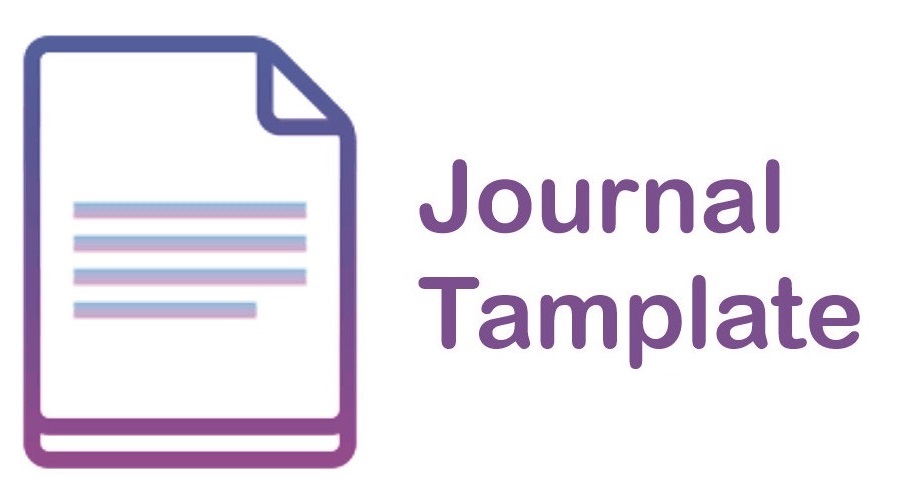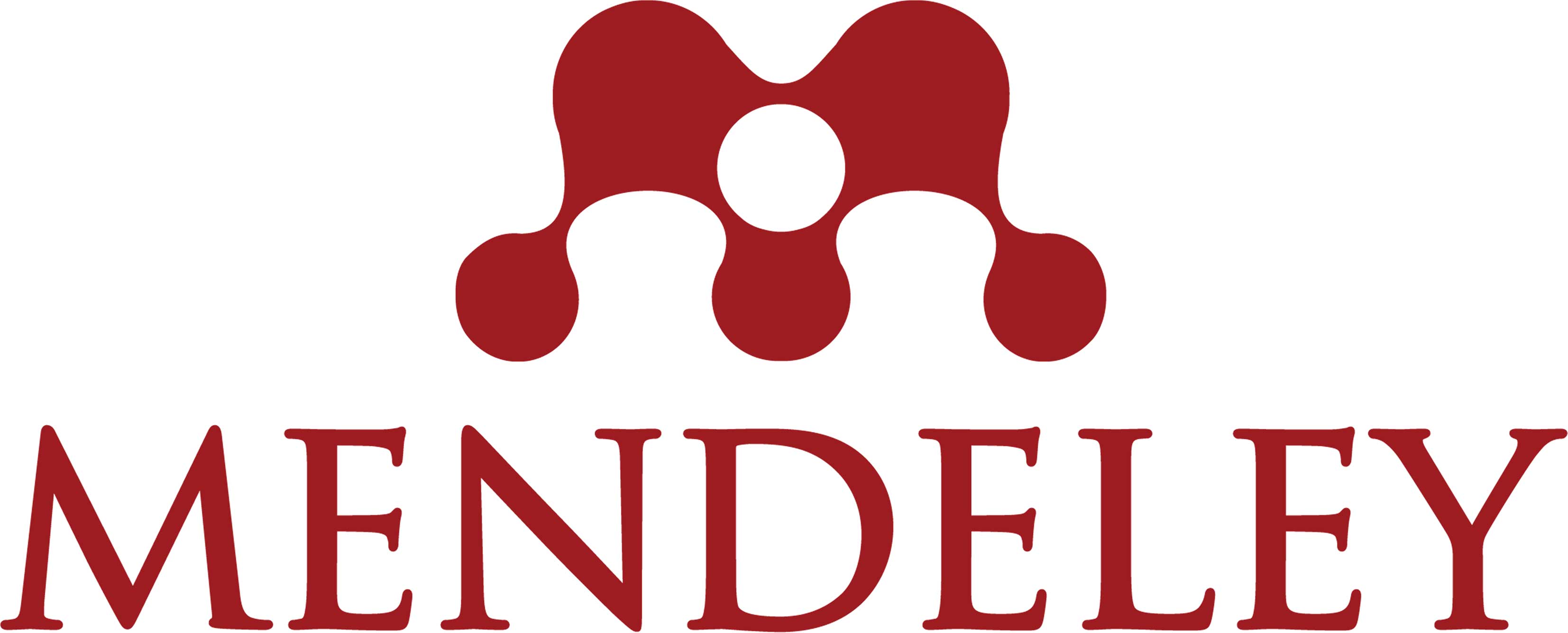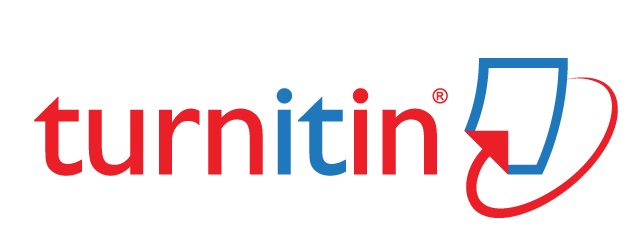Internet Addiction Behavior among Faculty of Public Health student at Tadulako University
DOI:
https://doi.org/10.30872/panakeia.v2i1.3090Keywords:
Internet addiction, planned behavior theoryAbstract
Central Sulawesi ranked the highest mental emotional disorders at the age of> 15 years in all of Indonesia, which was 19.8 per 1000 households. Teens and students were more susceptible to internet addiction due to the duration and daily activities they used. This study aims to analyze internet addiction behavior among student in Faculty of Public Health, Tadulako University. This study used a mix method with an explanatory sequential mixed model where researchers conduct quantitative data collection (univariate) (n=198) first, then conduct qualitative (16) with informants selected based on criteria. The data showed that of 198 students, had a mild internet addiction rate (113) medium (80), heavy (1) and normal (4). Internet addiction behavior among students has shown signs of overuse, has an effect on depression, the raises other unhealthy behaviors in daily life. Internet addiction has had a negative impact for student such health and behavior. Health impacts especially for emotional or psychology and other unhealthy behavior.











